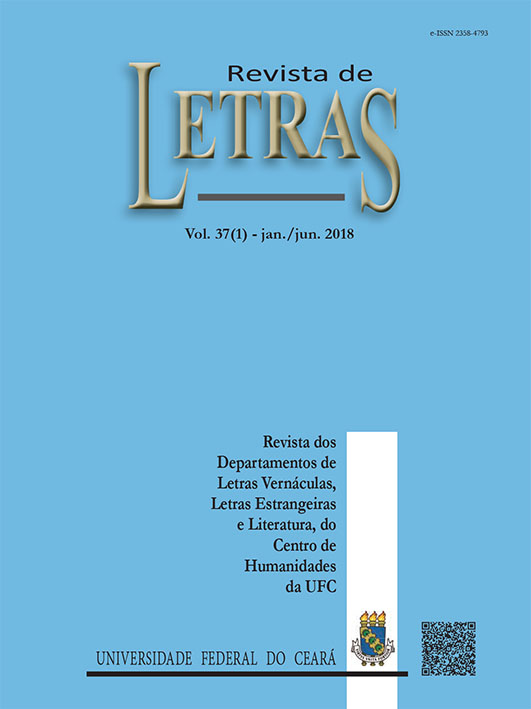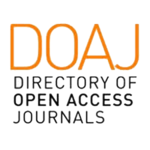WORKING MEMORY CAPACITY AND THE IMPLEMENTATION OF PLANNED IDEAS INTO L2 SPEECH PERFORMANCE OF TRANSLATION TASKS
Palavras-chave:
Working memory. Translation tasks. Retrieval. PerformanceResumo
The present study is part of a larger scale research (Guará-Tavares, 2011, 2013, 2016) that
investigates the relationship among working memory capacity, pre-task planning and L2 speech
performance. The aim of the study was to analyze whether higher working memory capacity
individuals are better able to implement planned information into L2 oral performance of translation
tasks. Learners’ planned ideas were accessed by means of think aloud protocols. Working memory
capacity was measured by the Speaking Span Test. Results indicate that there are no signifi cant
differences between higher and lower spans concerning retrieval of planned lexical items that were
implemented into task performance. As for the percentage of clauses per c-unit retrieved, the
differences between higher and lower spans only approached signifi cance. Results are discussed
in terms of (Engle’s model of working memory (Engle, 1996; Engle & Oransky, 1999; Engle, Kane
& Tuholsky, 1999).
Downloads
Downloads
Publicado
Como Citar
Edição
Seção
Licença
Autores que publicam nesta revista concordam com os seguintes termos:- Autores mantêm os direitos autorais e concedem à revista o direito de primeira publicação, com o trabalho simultaneamente licenciado sob a Licença Creative Commons Attribution que permite o compartilhamento do trabalho com reconhecimento da autoria e publicação inicial nesta revista.
- Autores têm autorização para assumir contratos adicionais separadamente, para distribuição não-exclusiva da versão do trabalho publicada nesta revista (ex.: publicar em repositório institucional ou como capítulo de livro), com reconhecimento de autoria e publicação inicial nesta revista.
- Autores têm permissão e são estimulados a publicar e distribuir seu trabalho online (ex.: em repositórios institucionais ou na sua página pessoal) a qualquer ponto antes ou durante o processo editorial, já que isso pode gerar alterações produtivas, bem como aumentar o impacto e a citação do trabalho publicado (Veja O Efeito do Acesso Livre).

.png)






.png)
